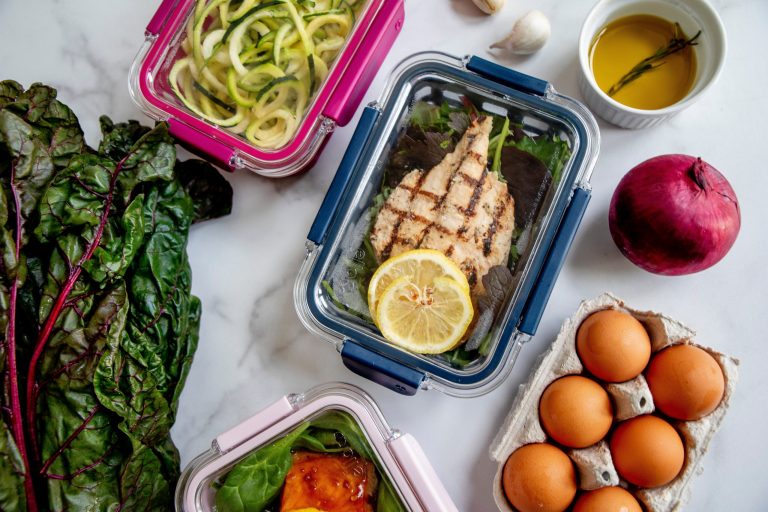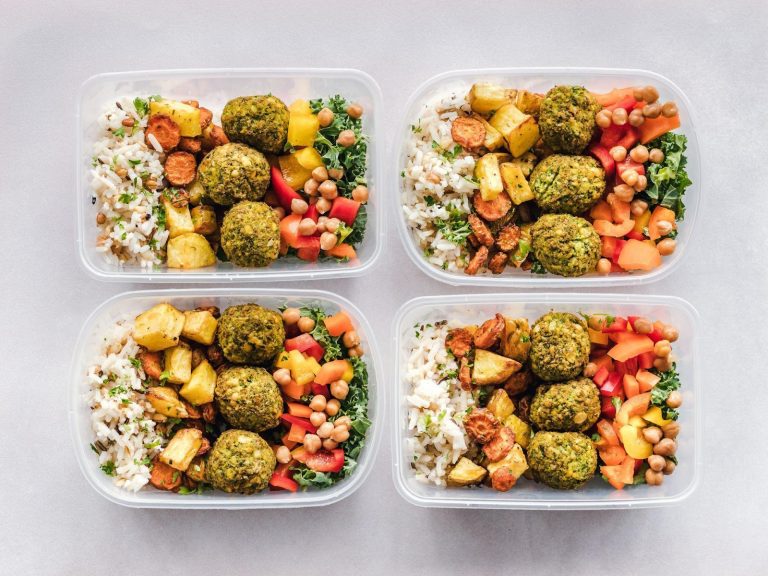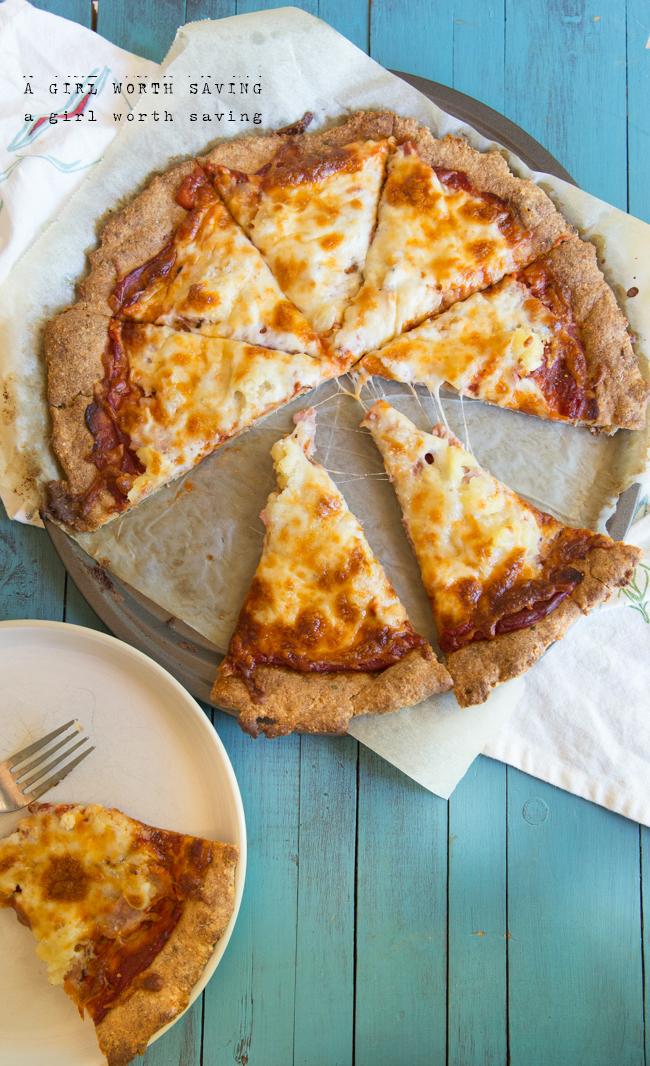Tips and Tricks for Efficient Home Cooking
This post contains affiliate links. Click here to read my affiliate policy.
Last Updated on January 14, 2026
Cooking at home can be a rewarding and enjoyable experience, but it can also present challenges when it comes to efficiency. Many people are looking for ways to make home cooking quicker and less stressful, while still maintaining quality and taste. This article aims to provide practical tips and tricks to help you cook more efficiently at home, ensuring that you spend less time in the kitchen and more time enjoying your delicious meals. Whether you’re a beginner or a seasoned cook, these strategies can help streamline your routine and enhance your overall cooking experience.
Optimize Your Home Refrigerator
One of the first steps to efficient home cooking is proper food storage. The Food and Drug Administration (FDA) recommends keeping your refrigerator at a temperature of no more than 40° F to ensure food safety. By maintaining this temperature, you can significantly reduce the risk of spoilage and extend the shelf life of your ingredients, making your home meal preparation smoother.
Storing food correctly helps in organizing your kitchen space and reduces the time spent searching for ingredients. When your refrigerator is well-organized and maintained, it can prevent food wastage and make meal planning more predictable. Knowing what items you have and their expiration dates can help streamline your cooking process at home.
Using clear containers for food storage enables easy identification and access. By grouping similar items and labeling them appropriately, you enhance the efficiency of your home cooking experience. This organization not only saves time but also makes the cooking process more enjoyable and systematic.
Ventilation is Key
A well-ventilated kitchen is crucial for efficient cooking and maintaining a healthy home environment. It’s recommended by both the International Residential Code and the U.S. Environmental Protection Agency to install a ventilation hood that filters and expels cooking fumes. This setup drastically improves the air quality in your home, minimizing odors and airborne particles.
The installation of a proper vent hood also contributes to a more comfortable cooking space by controlling heat and grease. Cooking fumes, if not properly ventilated, can settle on surfaces, making cleaning more time-consuming. Therefore, an effective venting system facilitates a cleaner and more efficient home cooking environment.
Moreover, the presence of adequate airflow in the kitchen helps preserve kitchen appliances and cabinetry. High humidity and grease can damage surfaces over time, leading to higher maintenance costs. Thus, good ventilation supports the longevity of your home kitchen fixtures and equipment.
Choose Energy-Efficient Appliances
Investing in energy-efficient appliances is a wise choice for enhancing kitchen efficiency at home. According to Utilities One, these appliances can reduce energy consumption by up to 50%, offering significant savings on utility bills. Such savings can free up household budget for quality ingredients, elevating your overall cooking experience.
Energy-efficient appliances are not only eco-friendly but also designed to optimize cooking operations. High-performance ovens, refrigerators, and cooktops minimize the time required for meal preparation. These appliances are often equipped with advanced features that support swift and precise cooking, improving your kitchen’s functionality.
With a focus on sustainability, energy-efficient appliances contribute positively to the environment by reducing the carbon footprint. By running more efficiently, they require less energy, which translates to less strain on natural resources. This environmentally conscious choice aligns with the modern preference for sustainable home living.
By following these tips, you can transform your home cooking routine into a model of efficiency. From maintaining the optimal temperature in your refrigerator to ensuring proper ventilation and investing in energy-efficient appliances, each step contributes significantly to a streamlined kitchen experience. With these strategies, you’ll enjoy not only the art of home cooking but also the time savings and increased peace of mind that come with it.






